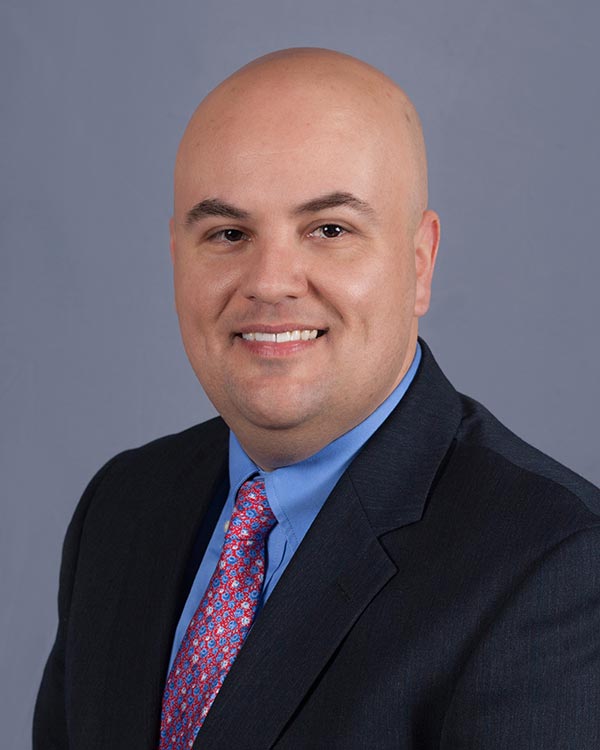Delaware Law School leads the way in inclusivity with groundbreaking admissions reform
10/7/2024

Eric Kniskern
Delaware Law School is part of a university with a culture that embraces diversity, equity, inclusion and belonging. Many of the school's initiatives aim to break down barriers and create a more inclusive environment for all students. One key effort has focused on providing opportunities and support for formerly incarcerated individuals who want to pursue legal education. The school put this into action in 2023 through a transformative shift in the admissions process – a move that was among the first in the nation for law schools.
The pivotal change came through the removal of the criminal history question from the law school’s application. This change was driven by the administration’s recognition of unnecessary barriers that deterred some applicants from pursuing legal education.
The realization that the criminal history question posed significant obstacles emerged in 2018 when Eric Kniskern, Delaware Law’s director of recruitment and diversity enrollment initiatives, attended a diversity conference that included a discussion focused on challenges faced by formerly incarcerated individuals seeking higher education. Reflecting on the situation, Kniskern acknowledged, “The extra difficulties they were experiencing were for the most part difficulties that people like me and others in my position were creating for them.”
The criminal history question, long part of the admissions process, became a focal point of the discussion. “It’s incredibly traumatic for people to have to provide that information… and there are people who would just rather not apply to law school than have to talk about very painful times in their history,” Kniskern noted.
His research revealed the question disproportionately impacted people of color and did little to enhance campus safety. Armed with this knowledge, he led efforts to remove the question, noting that, “We have a question on the application that actually prevents many people of color from even wanting to apply to our law school… and we don’t even have to ask it.” The faculty’s unanimous support of the initiative marked a significant step toward removing barriers and fostering inclusivity. Kniskern summarized the change, saying, “At the end of the day, it’s just the right thing to do.”
Delaware Law School’s decision to voluntarily eliminate the criminal history question beginning with the fall 2023 application sets an example for other law schools, positioning itself at the forefront of a growing movement to reduce barriers for marginalized groups, including those with criminal records. To date, Delaware Law is one of only two schools to voluntarily remove the question. But the effort is raising awareness and other schools are expected to follow.
By removing these obstacles, Delaware Law’s application presents opportunity for individuals who might otherwise be excluded from legal education, offering them the chance to use their legal training to advocate for justice and social change.
The initiative serves as a reminder that an institution like Delaware Law – that prioritizes and nurtures a culture of belonging – must also regularly evaluate existing policies and practices, and be open to change.
“We are not supposed to be putting up barriers. We’re supposed to be doing the opposite,” Kniskern said.
